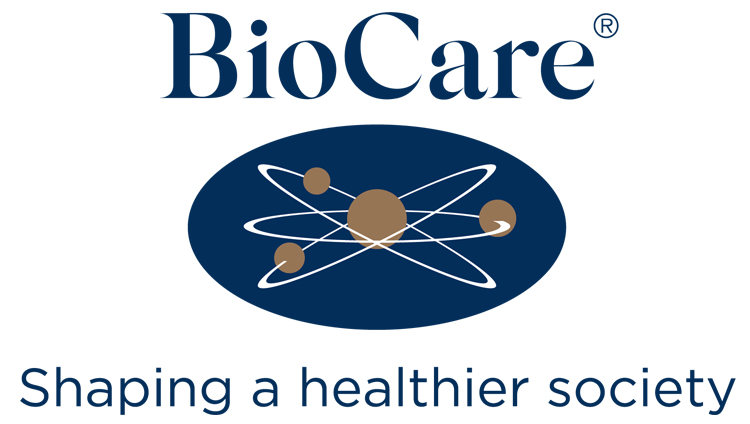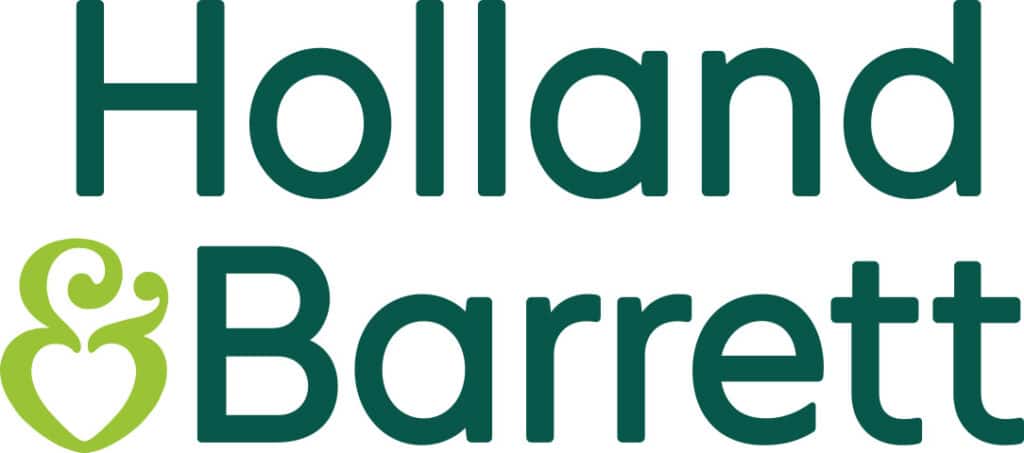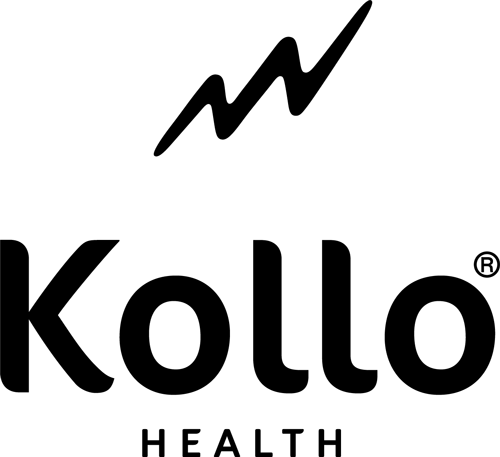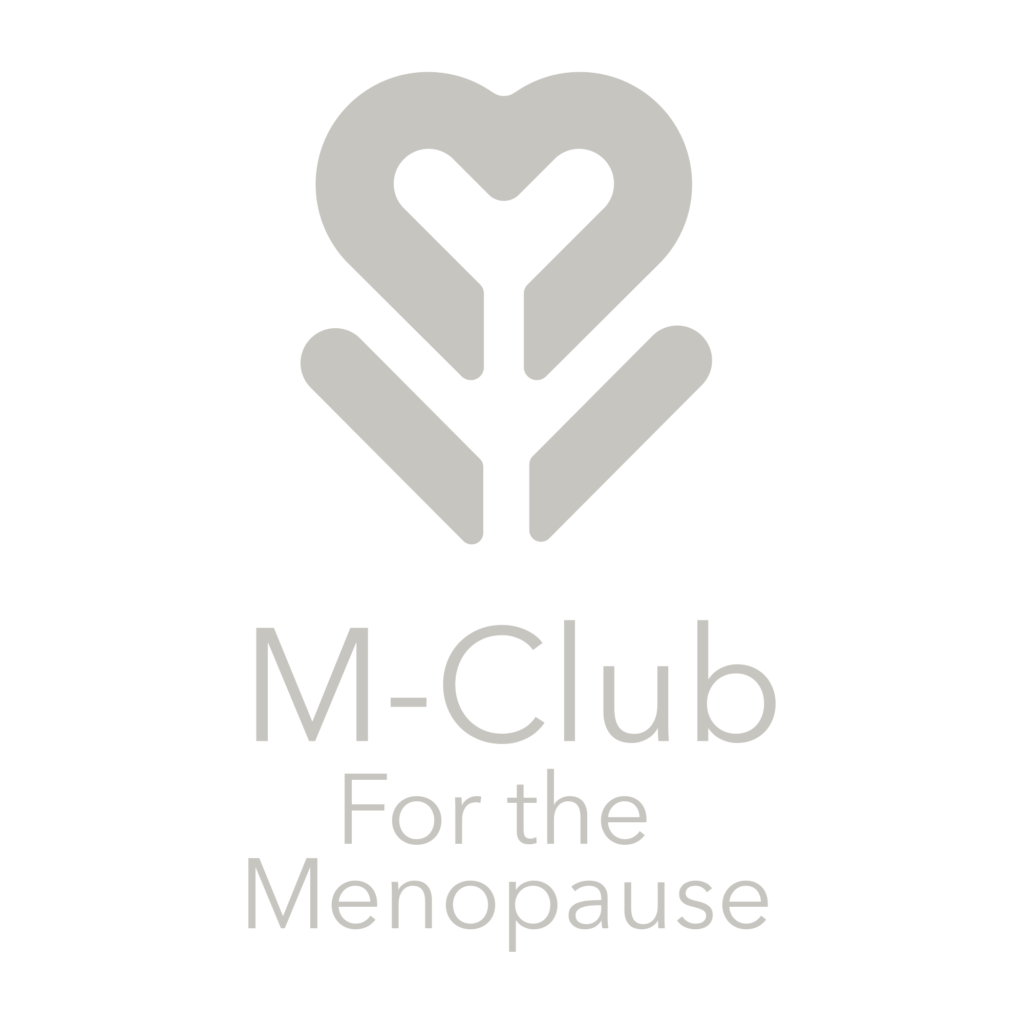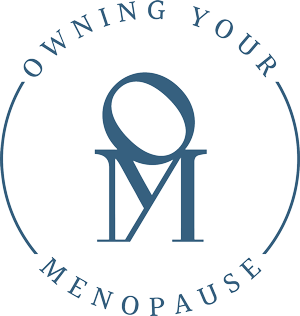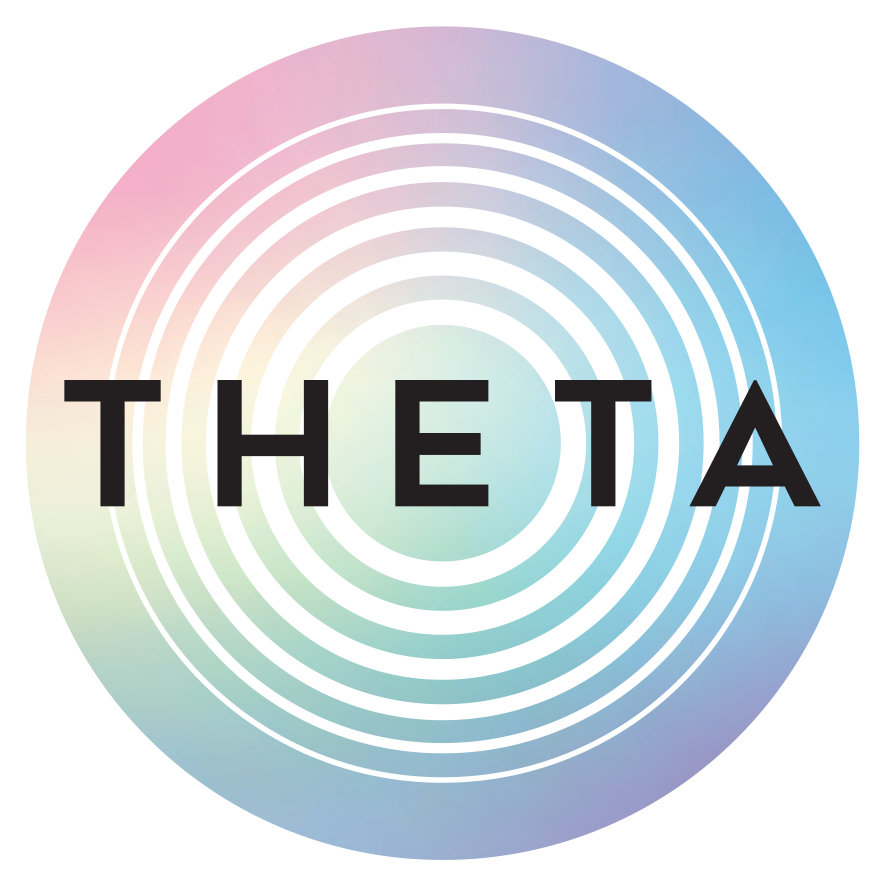THE EARLY MENOPAUSE EXPLAINED
Stages of menopause

Right now, there are around 110,000 women in the UK living with the effects of premature menopause.
Think about that on a global scale and you might ask the question: “Why on earth isn’t anyone talking about it?”
If you’re under 45 and your periods stop, this is counted as early or premature menopause – sometimes called Premature Ovarian Failure (POF) or Premature Ovarian Insufficiency (POI).
At GenM, we’re committed to supporting everyone affected by the menopause, regardless of age. You’ll find lots of advice and ideas for managing your symptoms across our site.
We also recommend checking out The Daisy Network – a specialist charity dedicated to helping women affected by POI.
Possible causes
Nature
Some will be in their early forties, thirties, twenties – or even younger, with 12 reported as the earliest age – when their periods naturally come to a halt.
It can be hard to spot, as many women use contraception during these years which can stop or mess with the regularity of periods. However, you’ll often have other menopausal symptoms, like fatigue or hot flushes.
Doctors can’t always tell their patients exactly why it’s happened, though it may run in your family, or is sometimes caused by auto-immune conditions or chromosome abnormalities.
Surgery
Typically, cancers affecting the female reproductive system can be aggressive. This means many women are not only hit with the news they’ve got cancer, but have to make a quick decision about having a hysterectomy – major surgery which involves removing the ovaries, womb and cervix.
Having a full hysterectomy means you’ll wake up on the other side of the operation in the menopause. On top of everything else going on, it’s a lot to deal with – both mentally and physically. You may want to consider discussing Hormone Replacement Therapy (HRT) with your doctor before, or soon after, your operation.
Chemotherapy
Doctors use chemotherapy to treat many different types of cancer. It’s an anti-cancer drug which is usually injected straight into the bloodstream of given as a tablet. It moves round the body and attacks cancerous cells wherever it finds them.
Although chemotherapy is a very effective treatment, it can also attack healthy cells – which may lead to an early menopause.
Pelvic radiotherapy
Certain types of cancer, including cervical, may be treated with targeted radiotherapy to the pelvic area to attack the cancerous cells.
One of the side effects can be damage to your ovaries, triggering the menopause and causing symptoms. This will usually happen around three months into treatment, and depending on your age and the health of your reproductive system, it can be temporary or permanent.
Hormone treatments for breast cancer
If you’ve been diagnosed with breast cancer, you may be given a hormonal treatment which reduces the amount of oestrogen your body produces, as this hormone can actually encourage some cancers to grow.
As side effect is that these new low levels stop your ovaries from releasing eggs, effectively triggering temporary menopause and causing symptoms.
The power of the collective
GenM Collective
Meet the brands, retailers and manufacturers all aligned with our vision for a thriving menopause market.









